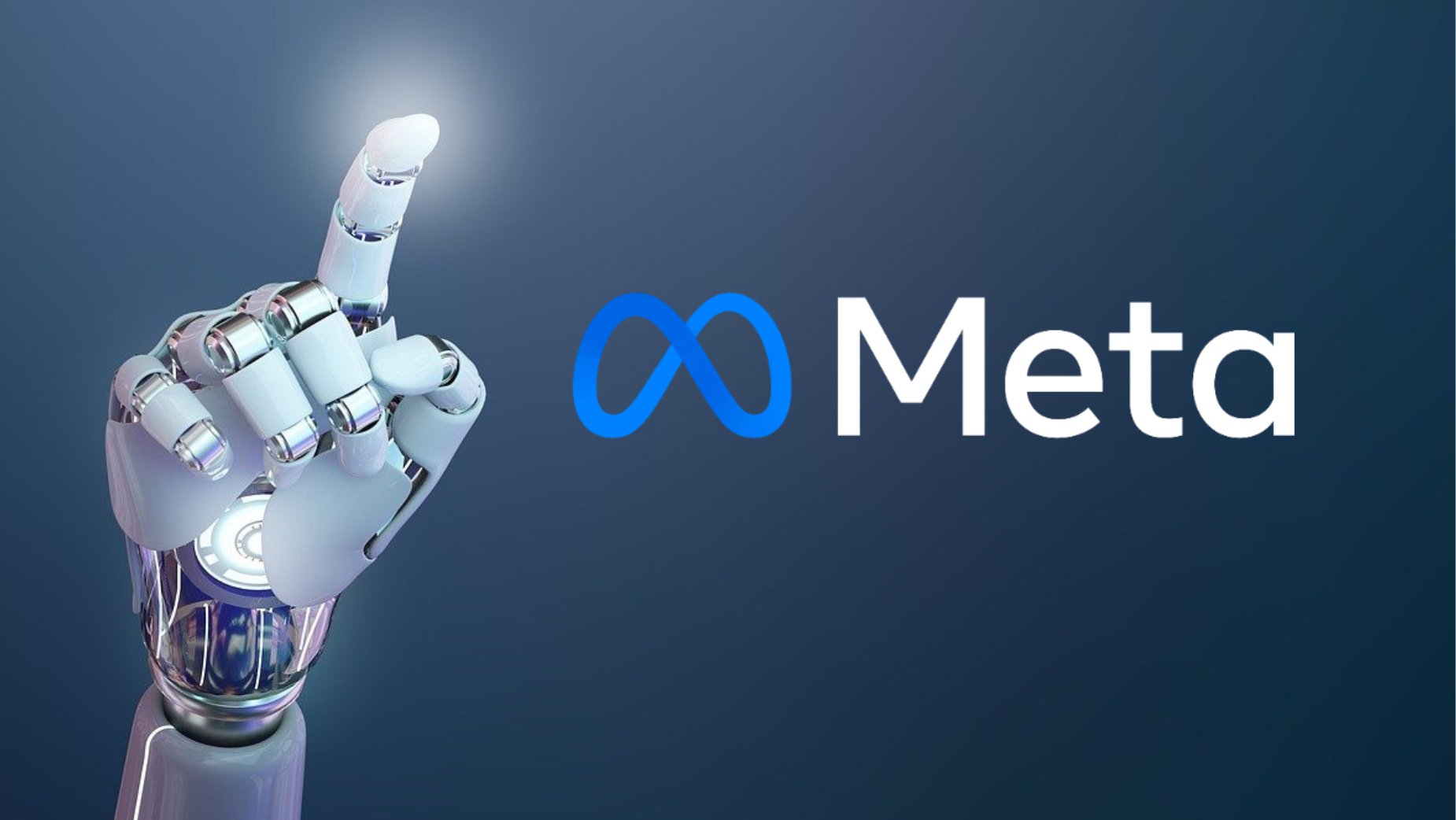
Meta Wants to Automate Ad Creation. Creatives Say It Will Result In “No Charm, No Wit, No Humanity”

Meta is working towards enabling brands “to fully create and target ads using artificial intelligence by the end of next year,” according to a report in The Wall Street Journal.
Whilst it would once have sounded like the realm of sci-fi, “it’s 100% realistic and 100% cringe,” Ant Melder, founder of Cocogun told LBB.
“It’s a mission dreamt up by a guy who’s concerned with making money rather than bringing anything positive to the table.”
Tim Den Braber, managing director at Bastion Digital, told LBB Meta’s ambition to fully automate ad creation “is the logical culmination of existing trends.”
“We’re entering a phase where execution is commoditised and automation isn’t just a feature, it’s infrastructure.”
Andy Rovenko, DDB Group Melbourne creative technologist, agreed the idea is not only plausible, but “already happening in fragments across the industry” – although he calls it a “narrow view of what advertising truly offers”.
So, do brands even want this?
“For many businesses, this model is perfectly acceptable,” Andy said, especially seeing “as generative technology continues to improve, so will the quality of these assets.”
However, he pointed out brand-building requires more than content generation. AI isn’t good at what it takes to grow a brand beyond the creation of a name, logo, or tagline: emotion and insight.
“That’s precisely where our work as a creative agency comes in. Our role is to uncover what makes a brand distinctive, to build that emotional connection, to create a lasting memory structure, and to maintain consistency over time. Would any respectable brand really hand over that responsibility to the same AI system that’s also powering their competitors – delivering similar solutions from the same shared knowledge base?”
Ant agreed he can “see how a machine-tooled, ultra-streamlined process could initially seem attractive to brands. All the results, none of the hassle.
“But the ‘hassle’ is where the magic comes in. I reckon they’d quickly find that automating the entire process from end-to-end removes a key piece of the puzzle: the ability to genuinely connect, to see people as humans rather than marks to be sold to. And that goes both ways. When brands see people in that way, how do people see those brands?”
That said, there’s nuance. Tim acknowledged some brands, particularly “lean, performance-driven brands needing to scale creative variations quickly without blowing out budget,” may embrace the model.
“But for others, particularly those with strong brand identities or cultural resonance to maintain, it’s a double-edged sword. The more automated your creative becomes, the more you risk sameness or brand dilution. Brands may want the speed and cost-efficiency, but never has it been more important to have a human hand on the tiller to maintain differentiation.”
If AI handles the “doing”, what becomes of the “thinking”? And if AI ends up handling basic ad creation, does that place more importance on strategy and storytelling?
“Brands will need to invest more in upfront strategy, clear positioning and distinctive storytelling, because if AI is generating the outputs, the real value lies in crafting the right inputs,” said Tim. “The brands that win in an AI-driven landscape will be those who are best at defining compelling briefs, not just filling them.”
Andy agreed that while AI handling ad creation “places even greater importance on strategy and storytelling …it’s not an either-or scenario.”
“While platforms like Meta may adopt a mass-market, ‘one-size-fits-all’ AI campaign service for their direct advertisers, creative agencies have the power of delivering AI efficiencies in a more thoughtful, bespoke, and strategic way.
“AI makes us faster and more cost-effective, but it’s complementary to where our real responsibility lies. And it’s not in churning out disposable content, but ensuring our clients’ stories are told with meaning, humanity, and purpose. That’s what we’re being entrusted with – to shape the bigger picture, move people, and create lasting impact.”
For Ant, AI may be improving on execution, but it still can’t replicate big ideas.
“We’re heading down a path where AI is getting better and better at execution, but is still pants at the idea side of things.
“I reckon Zuckerberg’s proposal will land somewhere between one of those scarily believable episodes of ‘Black Mirror’ and that annoying poster in ‘Minority Report’... No charm, no wit, no empathy, literally no humanity. And advertising, to have value, to connect, needs those elements. Whether they come from strategy, storytelling or something else.”
Whilst AI’s use in advertising isn’t going anywhere any time soon, Tim said “this isn’t the end of creativity, it’s a redefinition.”
“AI will flood the market with content, but most of it will be generic. That makes truly original, emotionally intelligent, human-driven ideas even more powerful. In a world of infinite content, meaning becomes the scarcity. That’s where human creatives still, and always will, matter most.”
Ant warned, “unless we, as an industry, consistently demonstrate the genuine value to brands of creating interesting, surprising, beautiful, provocative, moving, silly ideas, Zuckerberg’s naff fantasy is where we’ll go.”
He predicted going down the path of a “grim race to the bottom that automates everything and understands nothing” will “minimise the opportunity for the next Cadbury’s Gorilla to be born, and maximises the amount of shite thrown into consumers’ faces – under the disguise of personalisation and relevance – while putting shedloads of brilliant people out of a job.”
“We can avoid this. We just need to be as brilliant as I know we can be.”
Meanwhile, Jess Wheeler, creative director and partner at SICKDOGWOLFMAN, had some questions of his own. He went straight to the source, asking AI whether Meta has come under scrutiny or been found guilty of ad tech fraud and ad tech reporting on platforms like Meta has been artificially boosted by bot farms.
The AI answer to both was: yes. Then, Jess asked: “Taking all of this into account, would you recommend that a brand hand over all of their marketing operations to a single platform like Meta to automate their brand strategy, creative and media?”
The machine said, “Absolutely not. Given the evidence we've just reviewed, concentrating all marketing operations on a single platform like Meta would be extraordinarily risky.”















